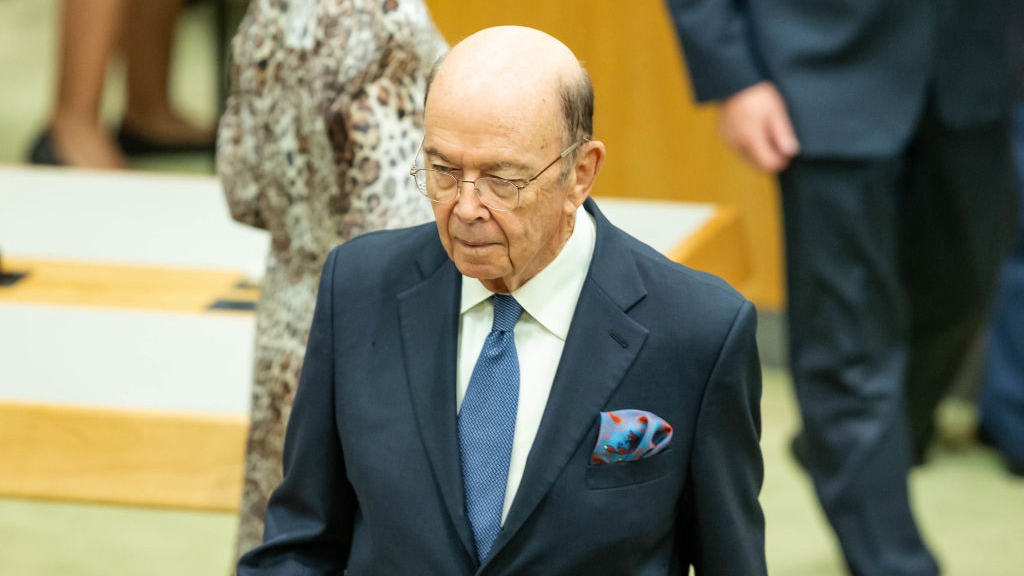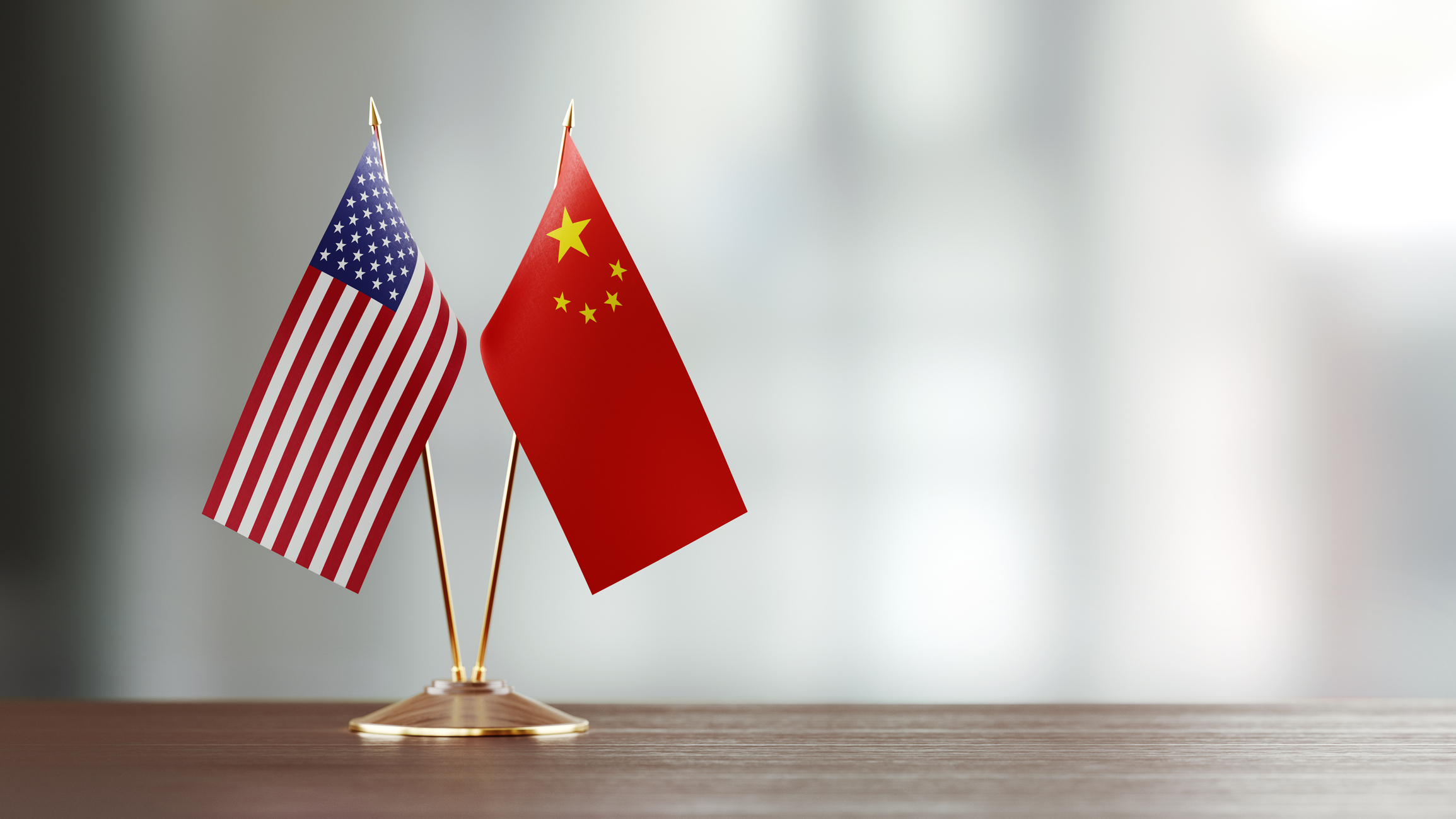
Wilbur Ross arrives at the UN Headquarters in New York City, New York, U.S., September 23, 2019. /Getty
Wilbur Ross arrives at the UN Headquarters in New York City, New York, U.S., September 23, 2019. /Getty
Editor's note: Bradley Blankenship is a Prague-based American journalist, political analyst and freelance reporter. The article reflects the author's opinions and not necessarily the views of CGTN.
On July 23, just days before the U.S. Deputy Secretary of State Wendy Sherman is due to visit China, Beijing announced reciprocal sanctions on several U.S. individuals and entities, including former Commerce Secretary Wilbur Ross, as a response to similar sanctions imposed by Washington against Chinese officials in Hong Kong.
The inclusion of Ross on this list is especially telling since he, as Commerce Secretary under former President Donald Trump, upped the number of Chinese firms that could not trade with American firms without authorization as part of the trade war against China. Some of these firms include telecom companies like Huawei and ZTE.
Just as these particular U.S. sanctions are intended to harm the Chinese mainland's economy, as well as that of places like Hong Kong in particular, in order to destabilize the country, the reciprocal sanctions are designed to punish those responsible for such provocations.
For China, these actions are indeed of enormous consequences since they deal directly with the country's national security. There is obviously no way for the U.S. to direct its companies to halt business with China, therefore the administration of President Joe Biden (like Trump before him) is using a series of harmful diplomatic tactics to upset confidence in business relations with China.
This is designed to hurt the national economy of China, as well as other targeted regions like Hong Kong, Tibet Autonomous Region and Xinjiang Uygur Autonomous Region. Sanctions, heavy-handed diplomatic statements and accusations of "human rights" abuses are aimed at hurting the livelihood of people in these places, thus fueling discontent and allowing the U.S. the ability to exploit such tensions with hybrid warfare tactics.
This is exactly why last year China introduced the National Security Law in Hong Kong, which criminalizes secession, subversion and collusion with foreign forces. It's also why, in January of this year, China imposed sanctions on dozens of top officials from the Trump administration, including former Secretary of State Mike Pompeo, because of their roles in attempting to foment unsuccessful color revolutions in these Chinese regions.

The U.S. and Chinese national flags. /Getty
The U.S. and Chinese national flags. /Getty
With each round of sanctions, the message from Beijing has been loud and clear: Actions have consequences. China will not tolerate breaches of its sovereignty or give so much as an inch to hostile foreign agents. Furthermore, China's national security is not a matter of debate or a bargaining chip at the negotiating table.
White House Press Secretary Jen Psaki seemed to misinterpret this, however. "These actions are the latest examples of how Beijing punishes private citizens, companies and civil society organizations as a way to send political signals," she said.
In effect, Psaki and the administration have minimized the role that these "private citizens, companies and civil society organizations" have played in fueling unrest in China – and doubtless they would never tolerate the same thing on American soil.
By and large, it may be easy for some of these individuals and organizations to dismiss these sanctions or even wear them as some kind of badge of honor, but as China becomes more powerful in the future, these sanctions will become more consequential. For example, board positions for large international firms will be unattainable for those unfortunate enough to be on the list thanks to these sanctions.
It's quite a hefty price for senior officials to pay with virtually no return since these provocative actions against China have led to pretty much none of the desired outcomes, hardly strained China's trade relations (even with U.S. firms), only hardened Beijing's resolve against coercive actions and are, if anything, only exposing rampant cynicism in the American public.
That's because Americans have heard accusations of "human rights" abuses simply dressed up as the pretext for unilateral aggression by their own governments for decades – and they've been sick of such lies for a while.
The idea that the government lies about "democracy" and "human rights" abroad in order to further its geopolitical ambitions is ubiquitous and transcends party lines. People are simply fed up with being lied to.
Similarly, Beijing's message to Washington just ahead of Sherman's visit is one of similar frustrations. China wants a stable and predictable relationship with the U.S. side, and these sanctions are by no means a sign that this isn't possible. They're just about keeping the U.S. side accountable.
(If you want to contribute and have specific expertise, please contact us at opinions@cgtn.com.)

